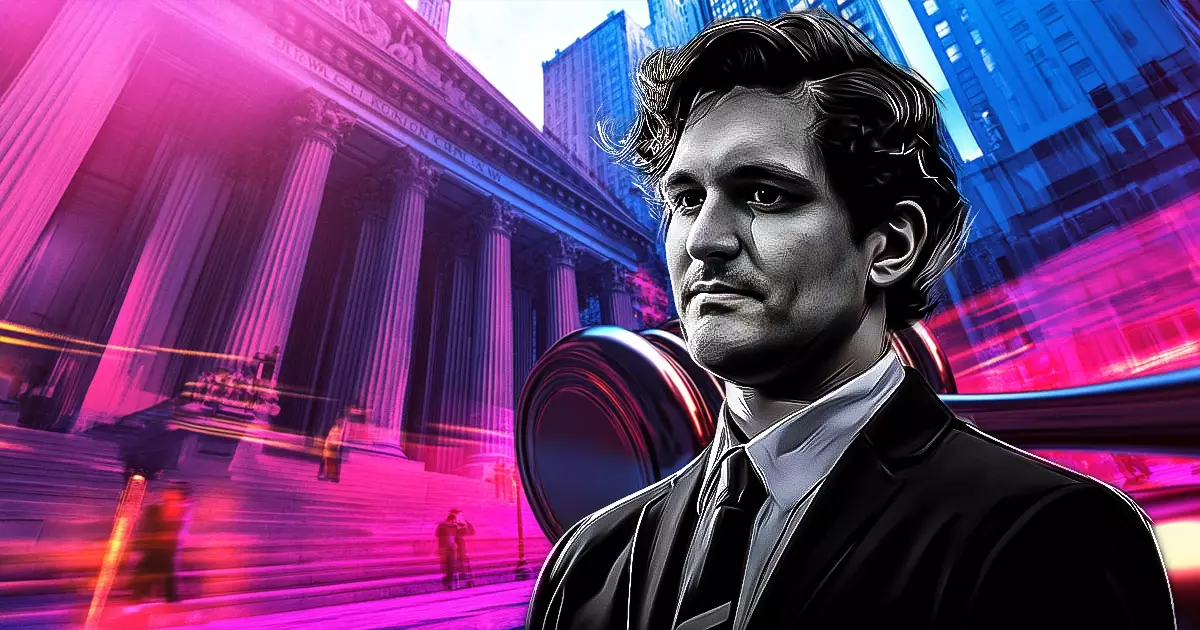Sam Bankman-Fried, the once-revered founder of the cryptocurrency exchange FTX, has recently faced an unfavorable ruling in his attempt to overturn his conviction related to the exchange’s dramatic collapse. Following his trial, which garnered significant public and media attention, Bankman-Fried was convicted on multiple counts of fraud and conspiracy, leading to his sentencing by the U.S. authorities. The financial turmoil that engulfed FTX not only led to its bankruptcy but also left countless customers with unanswered questions about their lost investments.
Bankman-Fried sought to appeal his conviction in September, presenting his case to the Second Circuit Court of Appeals. His arguments centered on allegations of judicial bias, specifically targeting Judge Lewis Kaplan’s management of the trial. He claimed that the judge’s rulings significantly limited his defense, stifled his ability to present essential evidence about his investments, and ultimately compromised the fairness of the judicial process. Despite his assertions that FTX’s financial problems were exaggerated and that customers might recover their funds, the government’s counterarguments were robust. They highlighted that his appeal lacked substantive evidence illustrating errors in the original trial, labeling his claims as unfounded.
The government underscored that the decisions made during Bankman-Fried’s trial were consistent with established legal norms, especially in fraud cases. They specifically addressed his discontent regarding the jury instruction about “no ultimate harm,” reaffirming its relevance in criminal fraud trials. This instruction plays a crucial role in understanding the broader implications of fraudulent actions, thus serving as a foundation for the jury’s assessment. Moreover, the government defended the limitations placed on Bankman-Fried’s ability to introduce certain testimonies and evidence, portraying them as lawful and necessary for maintaining the integrity of the trial.
In its filing, the government stated that Bankman-Fried had not demonstrated any significant repercussions on his right to a fair trial, noting that he had received the relevant items he sought from third-party Debtors. This reinforces the notion that the legal framework governing his trial operated effectively and justly. The court’s dismissal of his requests for additional materials further exemplified the thoroughness with which the judiciary approached the case.
The rejection of Bankman-Fried’s appeal may have profound implications, not just for him personally but also for the broader cryptocurrency landscape. In an era of increasing scrutiny regarding financial fraud, this case serves as a stark reminder of the vulnerabilities inherent in the digital asset market. As authorities continue to navigate the complexities of cryptocurrency regulation, Bankman-Fried’s conviction may act as a precedent, influencing how future cases are handled and potentially reshaping public trust in cryptocurrency exchanges. The integrity of the judicial process remains vital in upholding justice, particularly in high-stakes financial scenarios that impact countless lives.















